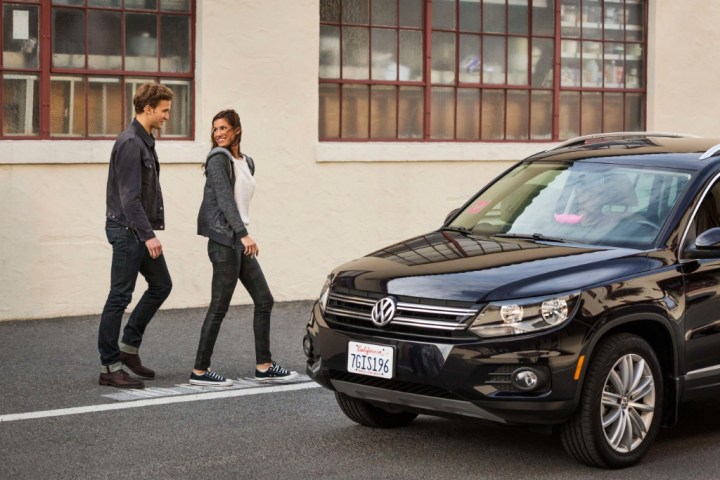
When the two companies prepared to launch in Portland, Oregon in 2014, Uber made it clear to city officials it would go ahead with or without their support. Lyft, however, pledged to wait till rules and regulations were in place, and they did. In terms of Portland market share, if not good will among regulators, Uber kicked Lyft’s butt, as it does today throughout the U.S.
Portland officials appreciated Lyft’s willingness to discuss policy and wait for regulations to be adopted. Josh Alpert, the mayor’s chief of staff, said, “We were trying to figure out a way to reward Lyft for having better business practices and not violating our laws. Sadly, at the end of the day, it didn’t make a difference.”
Lyft is not abandoning its concerted effort to be portrayed as the “caring company” that treats customers, drivers, and local regulators with respect. Like Uber, Lyft is growing in ridership and the number of drivers. Today Lyft reportedly has 315,000 drivers, about the number Uber claims. Uber has 10 times Lyft’s annual revenue and at $10 billion Uber has 5 times the funding.
Uber is currently ahead in brand recognition and market share, neither of which argues it should “be more like Lyft.” Lyft’s share is growing, however, and, according to co-founder and President John Zimmer, “We’re growing faster. I think that the advantage is we are treating our drivers better, and therefore they are treating their passengers better.”
Portland isn’t the only city that appreciates Lyft’s nice-guy stance. In Broward County, Florida, Commissioner Chip LaMarca said of Uber, “They weren’t listening, and they weren’t willing to compromise on anything. Lyft was different.”
Building good will among government regulators can’t be a bad thing. It may come to pass that Lyft’s actions will benefit the company down the road. For now, Uber is in the lead, but nice-guy Lyft is growing.



